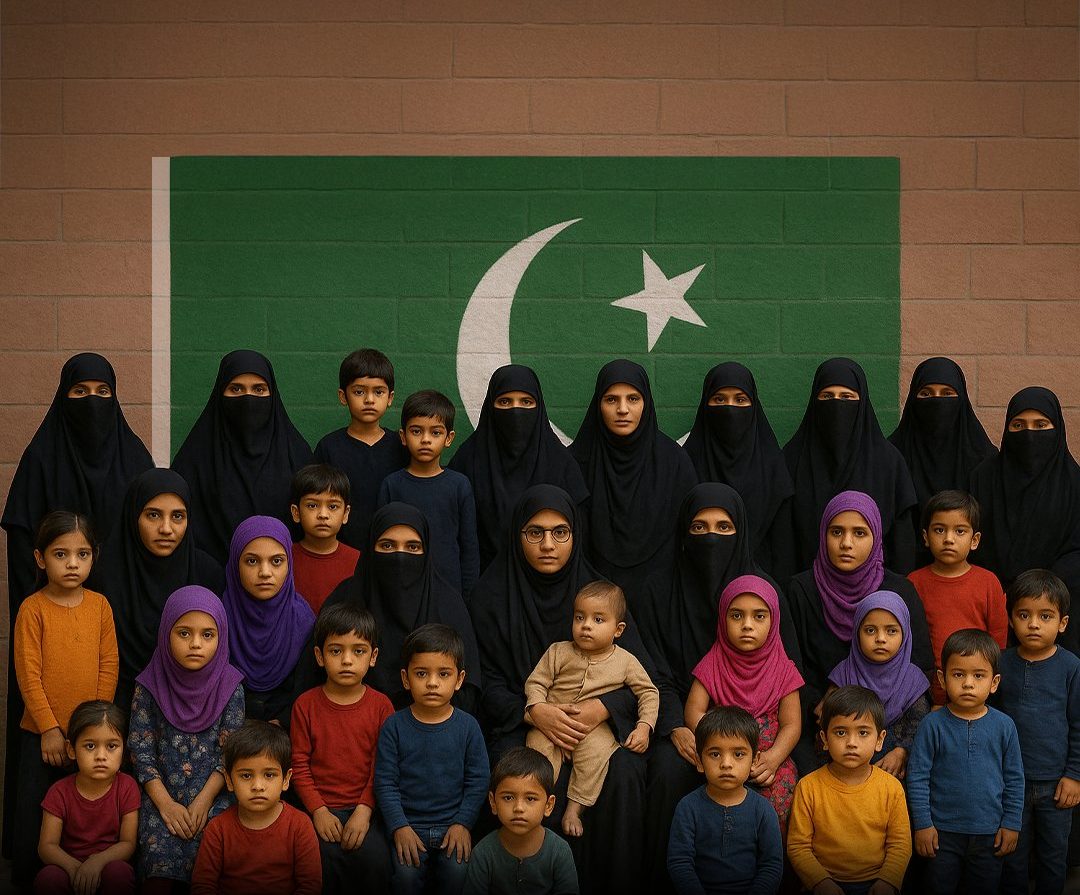The lives of 22 Pakistani women residing in Moradabad have drawn public and administrative attention, as these women—married to Indian men and raising nearly 100 children—remain without Indian citizenship. Despite holding Aadhaar cards, ration cards, and long-term visas, their legal status remains that of foreign nationals, leaving them in a state of bureaucratic and legal limbo.
The women, all of whom came to India after marrying Indian citizens, have been living in India for several years, participating in community life and benefitting from public welfare schemes. Yet, under India’s current laws, documentation such as Aadhaar, PAN, and ration cards are not accepted as proof of citizenship, as clarified by authorities in a policy statement on April 30, 2025. Only birth and domicile certificates are recognized as conclusive evidence of Indian citizenship.
The Citizenship Amendment Act (CAA) of 2019 provides a path to Indian citizenship for non-Muslim minorities from Pakistan, Afghanistan, and Bangladesh who entered India before December 31, 2014. However, these 22 women are Muslim and arrived after the cutoff date, disqualifying them from CAA provisions. Under current rules, Pakistani nationals married to Indian citizens can apply for citizenship after staying in India on a long-term visa (LTV) for several years, but the process is notoriously slow and often hampered by bureaucratic delays and shifting diplomatic currents.
The situation has become more complex following recent India-Pakistan diplomatic hostilities. On April 24, 2025, both countries revoked visa access for each other’s nationals after a terror attack in Pahalgam killed 26 civilians, mostly tourists. India blamed Pakistan for the attack, triggering a string of retaliatory measures, including the suspension of the Indus Waters Treaty, expulsion of diplomats, and a ban on bilateral trade.
This broader political climate now threatens to stall or further complicate the already-delayed citizenship claims of these Pakistani-origin women. Though their children—born in India—are likely eligible for Indian citizenship under the Citizenship Act of 1955, the women themselves remain non-citizens with limited rights, unable to vote, own property in some cases, or access all social welfare schemes.
Legal experts and activists argue that the government should consider streamlining the naturalization process for foreign spouses, especially in cases where families have integrated into Indian society and raised Indian-born children. “You cannot have families split across legal boundaries within a single home,” one lawyer familiar with the cases noted. “It becomes both a humanitarian and administrative challenge.”
At the same time, others warn against easing regulations without rigorous security vetting, particularly amid heightened concerns over cross-border terrorism and illegal migration.
Caught in this legal and political crossfire, these 22 women represent a human dimension of the Indo-Pak relationship that is often overshadowed by strategic calculations. For now, they live in uncertainty—part of India socially and culturally, but not legally—waiting for a resolution that could give them full recognition in the country they now call home.













